October is Domestic Violence Awareness Month: Join Us in Raising Awareness
Our Goal
This October, Moms and Mysteries is dedicating our platform to bring attention to the issue of domestic violence. Throughout the month, we’ll be sharing five powerful stories of individuals who have been impacted by domestic violence, working closely with their families to honor their loved ones and ensure their voices are heard.
In addition to sharing these stories, we’re committed to providing valuable resources for those affected by domestic violence. We’ll be featuring helpful information and links on our episodes and social media to help raise awareness and offer support.
We’re also teaming up with the Navigating Advocacy podcast to host a special bag drive for domestic violence shelters in our community. Together, we aim to provide essential items to survivors who are starting over and to show them they’re not alone.
We invite you to join us this month, share these stories, participate in our bag drive, and help spread awareness. Together, with as many people as possible, we can make a real difference for those affected by domestic violence.
What is DVAM?
Domestic Violence Awareness Month (DVAM) was first observed in October 1981 as a national “Day of Unity”. Since then, it has grown into a month-long effort each October to unite advocates, communities, and organizations across the nation in the fight to end domestic violence.
Throughout DVAM, communities and advocacy groups come together to raise awareness about the signs of abuse, share ways to prevent it, and uplift the voices and stories of survivors. It’s a time to provide resources, support, and education to the public, as well as to inspire leaders and policymakers to take action against domestic violence.
DVAM is a chance for all of us – advocates, loved ones, supporters, and political leaders – to unite in solidarity, listen to survivors, and raise our collective awareness. By speaking in a unified voice, we can work towards a future where domestic violence is no longer tolerated.
The Reality of Domestic Violence
1 in 4 women and 1 in 7 men aged 18 and older in the U.S. have experienced severe physical violence by an intimate partner in their lifetime.
Intimate partner violence affects more than 12 million people every year.
Women in the U.S. are 11 times more likely to be killed with guns than women in other high-income countries.
Female intimate partners are more likely to be killed with a firearm than all other means combined.
A woman who has suffered a nonfatal strangulation incident with her intimate partner is 750% more likely to be killed by the same perpetrator with a gun.
These statistics highlight the urgent need to raise awareness and take action. By working together during DVAM and beyond, we can create a safer future for everyone.
Sources: The Hotline and the Training Institute on Strangulation Prevention
What Are We Doing to Bring Awareness?
Sharing Five Stories of Domestic Violence
Throughout October, we will be sharing five powerful stories of individuals who have been impacted by domestic violence. Each episode will honor the life and legacy of a victim, sharing their journey and the impact they’ve had on their loved ones.
Below, you will find brief descriptions of each episode, as well as links to the episodes as they are released, highlighting the stories we’ll be covering:
Andra “Andee” Adams
In September 2020, Andra “Andee” Adams was tragically killed in Seattle, Washington, after being run over by her boyfriend. While mounting questions surround her death, no charges have been filed, and her family continues to fight for accountability and answers.
Emma Compton
Emma Compton, a small business owner from Halifax County, Virginia, was found murdered in 2017 after disappearing under mysterious circumstances and after years of domestic violence at the hands of her husband. Seven years later, her family continues to seek justice, as no arrests have been made in the case, and they remain committed to raising awareness and finding answers for her unresolved murder.
Francine Hughes
Francine Hughes, a mother of four, set fire to her Michigan home in 1977, killing her ex-husband after enduring thirteen years of relentless abuse. The case gained national attention and became a pivotal moment in raising awareness about domestic violence and the legal challenges survivors face.
Gabby Petito
Gabby Petito, a 22-year-old travel blogger, was found murdered in September 2021 after going missing during a cross-country trip with her fiancé, Brian Laundrie. Her death sparked widespread media attention, and Laundrie was later found dead, with authorities concluding he was responsible for her murder. In this episode, the hosts of Moms and Mysteries sit down with Nichole Schmidt, Gabby Petito's mother, to discuss the foundation she and Gabby's family started, the warning signs of unhealthy relationships, the current state of domestic violence worldwide, and essential resources available for victims and survivors.
Meghan Kiefer
In October 2021, Meghan Kiefer was brutally stabbed 54 times by her ex-boyfriend, Kason Parker, outside her Long Island home. In May 2023, Parker was sentenced to 25 years to life in prison after pleading guilty to second-degree murder, following his attempted flight to North Carolina after the crime.
Partnering with the Navigating Advocacy Podcast – Bag Drive for Domestic Violence Shelters
We’re proud to partner with the Navigating Advocacy podcast this October to host a bag drive for domestic violence shelters in our community. We’ll be assembling and donating bags filled with essential items to local shelters, inspired by Rebekah’s Legacy, a project started by Rebekah Barsotti’s mother, Angela. In memory of her beloved daughter, who was a victim of domestic violence, Angela donates these bags to shelters to support survivors in need.
Survivors often leave dangerous situations with little to nothing, and these bags can make a significant impact as they start to rebuild their lives. The bags will include essential items such as toiletries, socks, and other personal care products, along with encouraging words of support through handwritten notes.
For more details on how you can participate in the bag drive, please check out this document. It contains everything you need to know – from finding a local shelter to donate to, to a list of suggested donation items, and more.
What Does Awareness Look Like?
What Can You Do to Bring Awareness?
There are many ways you can help make a difference this October. By sharing the stories we’re covering in our episodes, you can raise awareness and amplify the voices of those affected by domestic violence. You can also join us in our bag drive to support survivors in need by assembling and donating bags to local domestic violence shelters.
In addition, The Hotline has provided a comprehensive list of ways you can support survivors. They offer valuable resources, including a PDF on "Four Ways to Help Survivors or Victims Heal this DVAM" and another on "Three Ways to Support Domestic Violence Survivors."
We highly recommend visiting their website to explore these resources and learn more about how you can make a positive impact. Together, we can all take steps to bring awareness and support to those who need it most.
What Are Some Additional Resources I Can Share?
For Survivors
If you’re experiencing domestic violence, there are many resources available to help you. One of the most valuable resources is The Hotline. You can reach out in several ways:
Call: 1.800.799.SAFE (7233)
Text: "START" to 88788
Live Chat: Visit their website to start a live chat.
The Hotline connects you with local resources, legal assistance, deaf services, Native American services, and much more. You are not alone, and help is available.
Another helpful resource is DomesticShelters.org, where you can find a nearby shelter, access information on identifying abuse, learn how to heal, and discover how to get the support you need.
For Supporters
According to The Hotline, leaving an abusive relationship is a highly personal and individual decision, but all survivors benefit from having trusted people during this time. Abusers often isolate their victims, making it even more crucial for supporters to understand how to help survivors on their journey to safety.
You can find a comprehensive list of resources on The Hotline’s website, which includes:
How to start a conversation with someone experiencing abuse
Ways to support survivors
Understanding why people stay in abusive relationships
Helping victims/survivors find emergency housing
Tips for intervening if you witness domestic violence
By educating yourself and being prepared to offer support, you can make a meaningful impact in helping someone find safety and healing.

